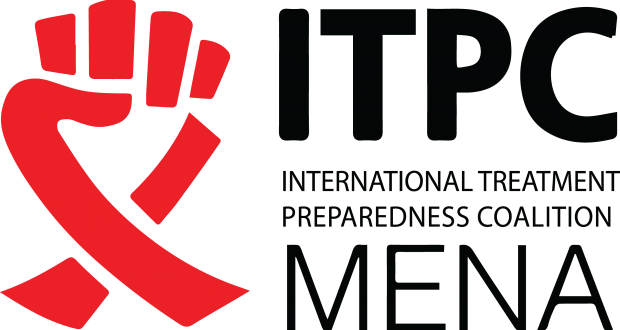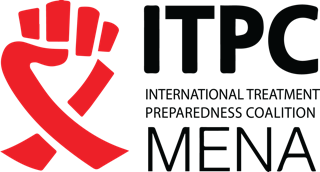
Building Capacity on Intellectual Property, Free Trade Agreement and Access to Medicines Workshop
ATL MST – ITPC MENA WORKSHOP TUNISIA 16, 17 & 18 NOVEMBER 2015
One of the most pressing issues in the 21st century is the lack of availability of essential medicines to poor patients in underdeveloped and developing countries. The problem is attributed to the existing Intellectual Property Rights (IPR) regimes, which were not aligned with the goals of health and wellbeing under Millennium Development Goals (MDGs). With the world moving towards the new Sustainable Development Ggoals (SDGs), the time has come for the global community to give due attention to this critical situation.
In partnership with ATL MST SIDA, we organized a three-day workshop on Intellectual Property Rights and Access to Medicines in Tunis from 16-18 November. The training brought together participants from the Egypt and Tunisia (22 participants). Civil society advocates, PLWHIV, journalists, representatives from the Ministry of Health and the patent office from Tunisia and Egypt participated in the training. Though we had initially planned two training workshops, one in Tunis and another in Cairo, due to the political situation in Egypt, a decision has been taken to combine both in one training in Tunis and invite the Egyptian participants.
Similarly to the Casablanca training, the main goal of the training was to provide information on intellectual property and how to effectively advocate for access to medicines. The sessions provided ideas on how to link IP with human rights, access to medicines and how to become active in patent law advocacy in Tunisia and Egypt.

The last day of the workshop was dedicated to the specific issues to be addressed in each country through group work. In Tunisia, the focus has been on free trade agreements since the country is entering negotiations with the European Union, and on access to newer generations of medicines to treat HIV and HCV co-infection. In Egypt, the focus was on patent revocation procedures and access to newer generations of ARV for treatment of HIV infection. By the end of the workshop each country had developed an advocacy work plan. We are going to follow up with each country on the implementation of the plan in 2016.
A number of keys points and challenges were raised in the ensuing plenary discussions and group work as noted below. The major issues emerging from the discussions were as follows:
- The cost of patented medicines is quite high in Tunisia and Egypt;
- The fact that there currently is no real capacit y amongst Civil Society Organisations (CSOs) stakeholders to deal with the Intellectual Property Rights (IPR) issues around access to medicines.
- There is need to explore the potential of local medicines production, in particular through a feasibility study.
- The discussions noted the complementary role which CSOs play in monitoring the use or abuse of patents, and the effect on access to medicines. CSOs recommended that technical capacity is critical to enable CSOs to play this role; and
- The technical gaps in the local IP and competition legislation which hamper the effective application of the TRIPS









